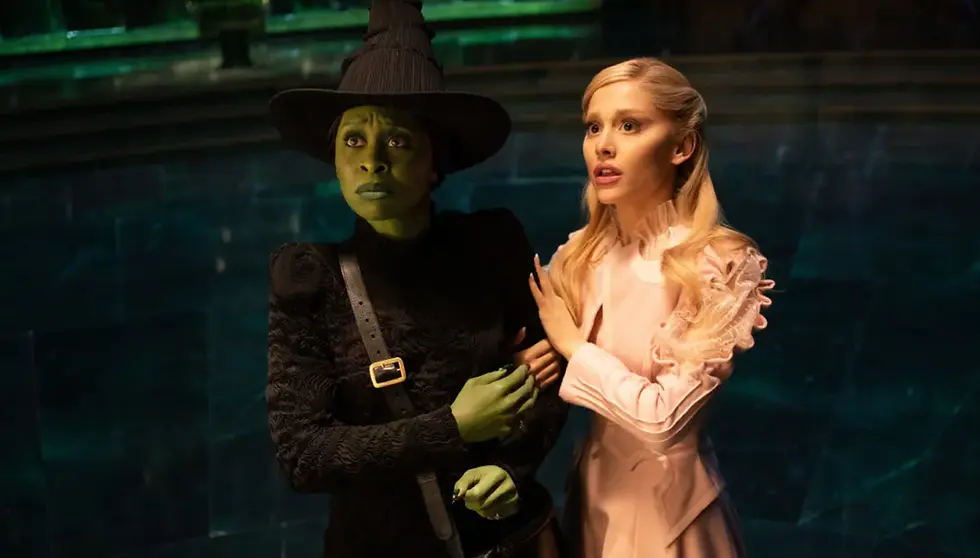The Red Lion - Trafalgar Studio 2
- comaweng
- Nov 12, 2017
- 3 min read

Rather like the smaller, so-called ‘fringe’ theatres as opposed to the glitz and glamour of the West End, there are some real gems to be found in the football clubs in lower leagues, away from the bright and polished lights of the Premier Division. The changing room of an unspecified ‘semi-professional’ football club in that general place called The North (as per the road signs) is the setting for The Red Lion, a show that could, given its title, be reasonably mistaken for being set in a pub.
As the audience files in for this Trafalgar Studios revival, the theatre even smells like a locker room. The three on-stage characters are given more than sufficient character development. There’s Yates (John Bowler), an older man with an affiliation to the club that stretches back decades, Kidd (Stephen Tompkinson), the first team manager (I must call him that, such is his disdain for all the other teams in the club), and Jordan (Dean Bone), a young player, fresh-faced and eager. The casting is sublime.
There’s an optimism in Kidd that makes him, in many respects, a suitable manager, though his methods are questionable enough that even the rookie Jordan finds himself taking a stand against unreasonable behaviour. “I won’t cheat!” he says, but – acting under instruction, he must fall in line or simply go away. (This being football, rather more colourful language than ‘go away’ is used, of course.)
Jordan fails a medical at a club higher up in the football league, whose bashed-up knee is being treated by (ahem) medication. That isn’t even the salient point: how he found himself being in the running for being signed up by a fully-fledged professional team, and the consequences for all three men, is a gripping story. The stakes are high. It doesn’t end prettily for any of these lads, as ‘The Board’ catch on to what is happening behind the scenes. Let’s just say the words ‘gross misconduct’ were bandied about.
Some suspension of disbelief is required in all that kit being put out but only one player who ever comes in during the course of the play, though a scene change helped tremendously with establishing a semblance of the locker room having been used. The play is highly educational for people like me who know very little about football, whilst those infinitely more knowledgeable about their ‘beautiful game’ still have much to enjoy, deride and relate to without feeling patronised.
The generational gaps between the characters have, rightly, limited significance as far as the plot is concerned. All of them have a clear passion for football, and all of them, to borrow a slogan from the 2010 General Election campaign, can’t go on like this. It seemed somewhat contrived to me for Yates to suddenly ask Kidd how the family is getting on – I loved Kidd’s instinctively dismissive reaction – but on the other hand, there’s no denying that events off the field can have an influence on what goes on during play, and vice versa.
As I never tire of saying, there’s nothing wrong with ambition. One might have expected an analysis of league tables, who went where in the last transfer window, and inept referees. There’s some talk of the latter, but this play stretches far beyond that, into a thoughtful consideration of human weaknesses and the difficulties of life.
I didn’t see the original London production at the National Theatre, but I can imagine it was quite a wordy chore – I was surprised that the running time then was 2 hours 30 minutes including interval. Now it’s 95 minutes without an interval, and the intensity and humour of this production makes this revival a decisive victory for the Live Theatre team.
Four stars




Comments